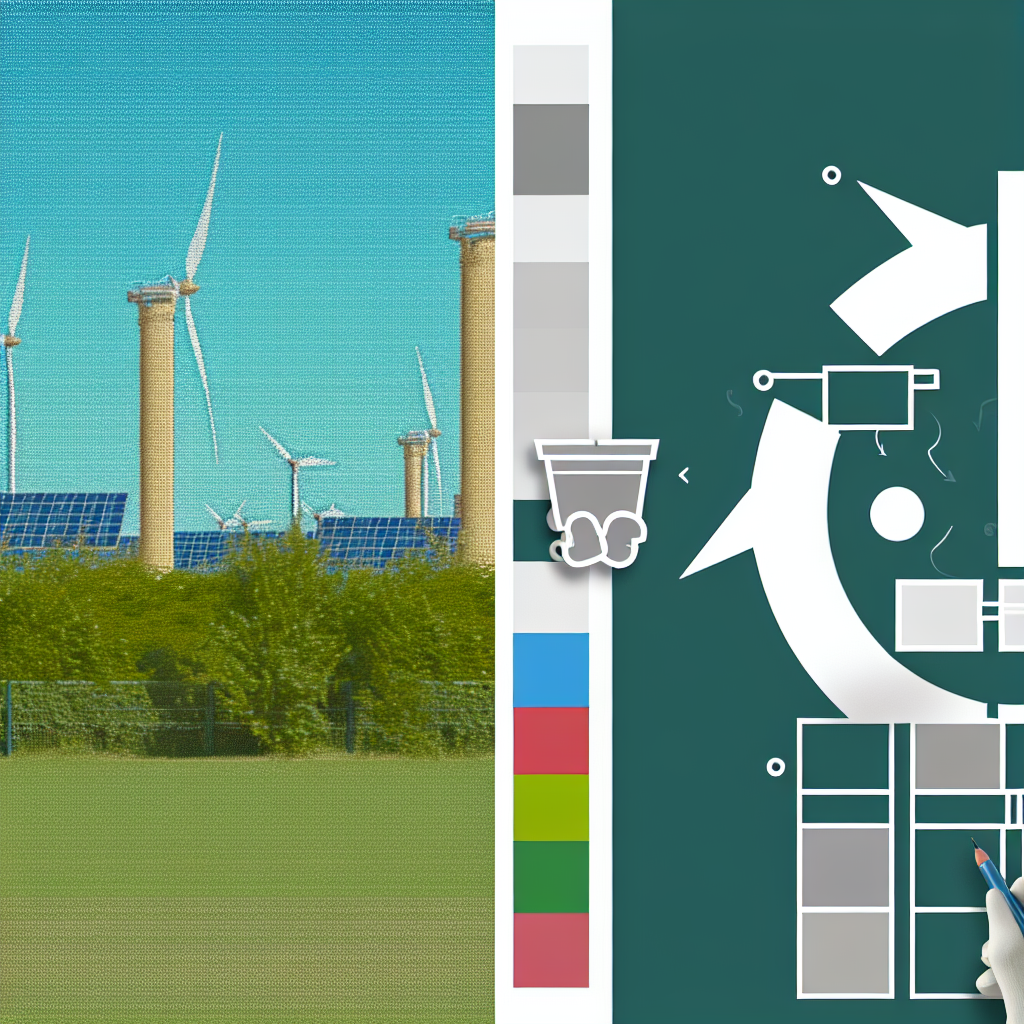
Recycling HVAC Materials: What Contractors Need to Know
Hey there, HVAC pros! Have you ever wondered what happens to all that old HVAC material once it’s out of commission? Well, recycling these materials not only helps the environment but can also be a lucrative part of your business. In this article, we’ll dive into the essentials of HVAC recycling and why it’s something every contractor should be informed about.
Key Facts and Statistics on Recycling HVAC Materials
Recycling HVAC materials is not just about reducing waste; it’s about reclaiming valuable resources and minimizing environmental impact. Did you know that from 2017 to 2021, the annual reclamation of HFCs, like HFC-134a and R-410A, amounted to millions of pounds? These figures highlight the massive potential for recycling in our industry.
Reclamation Process and Stakeholders
So, how does the reclamation process work? HVACR contractors like yourself recover HFCs, which are then evaluated by reclaimers. Depending on the quality, these refrigerants are either recycled, reclaimed, or safely destroyed. This process is crucial to comply with regulations under the Clean Air Act (CAA).
Environmental Impact
Improper disposal of HVAC systems can lead to significant environmental consequences. Even a small percentage of units leaking refrigerants in landfills can cause substantial harm. By recycling, you play a key role in reducing these emissions.
- Eco-friendly HVAC recycling reduces harmful emissions.
- Recycling rates for major appliances can potentially rise from 58% to 74% with optimized waste streams.
- The reclamation market is expected to grow, creating jobs and boosting sales.
Practical Recycling Processes
Companies like HVAC Recycle are leading the charge in this area. They offer services to transport and recycle inoperable air conditioning units, ensuring that Freon gas and other materials are properly reclaimed.
Regulatory Compliance and Advanced Tools
Staying compliant with EPA regulations is crucial for all contractors. These rules are designed to minimize the release of harmful refrigerants, with the potential to eliminate millions of metric tons of CO2e emissions.
Utilizing advanced tools like the Fieldpiece digital manifold or NAVAC GLOBAL vacuum pumps can make the recovery and recycling process more efficient and compliant. Even integrating smart thermostats like the Ruud econet 800 series can be part of a sustainable system.
Conclusion
Recycling HVAC materials is not just a responsibility; it’s an opportunity. By staying informed and equipped, you can make a difference in both your business and the environment.
Ready to make a change? Start by exploring HVAC recycling services in your area and see how you can contribute to a more sustainable future.
Frequently Asked Questions
What are the benefits of HVAC material recycling?
Recycling helps reduce waste, reclaim valuable materials, and minimize environmental impact.
How Can I Ensure Compliance with Recycling Regulations?
To properly dispose of HVAC equipment while staying compliant with environmental laws, follow these key steps:
1. Work with EPA-Certified Technicians
- The Environmental Protection Agency (EPA) requires that refrigerants be safely recovered before disposal.
- Only Section 608-certified technicians can handle refrigerant recovery.
- Always request documentation confirming proper removal.
2. Follow Local and Federal Regulations
- The Clean Air Act prohibits releasing refrigerants into the atmosphere.
- Many states have additional regulations—check with your local environmental agency or waste management authority.
- Some areas mandate specific disposal sites or certified recyclers for HVAC components.
3. Use Certified Recycling Programs
- Work with EPA-compliant HVAC recycling services that specialize in air conditioning units.
- Look for recyclers who provide proof of proper disposal, such as a certificate of destruction or recycling receipt.
- Ensure scrap yards or recyclers legally handle refrigerants and hazardous materials.
4. Take Advantage of Manufacturer or Utility Take-Back Programs
- Some manufacturers and utility companies offer buyback or trade-in incentives for replacing old HVAC equipment.
- These programs often ensure that units are disposed of or recycled in compliance with regulations.
5. Keep Records for Compliance
- Maintain documentation of refrigerant recovery and proper disposal for business compliance and liability protection.
- If disposing of multiple units, ensure a paper trail of transactions with certified recyclers or disposal services.
By following these steps, you ensure legal compliance, protect the environment, and avoid potential fines or penalties for improper HVAC disposal.
How do I get rid of a residential air conditioner?
To properly dispose of a residential air conditioner:
- Recover the Refrigerant – A certified technician must remove refrigerant before disposal to comply with environmental laws.
- Check with Local Recycling Centers – Many scrap metal yards or appliance recycling programs accept old air conditioners.
- Schedule a Pickup – Some cities offer bulk waste collection or appliance recycling services.
- Consider an Exchange Program – Some manufacturers or utility companies offer take-back programs with incentives for upgrading.
Got more questions or insights on HVAC recycling? Contact us today!

